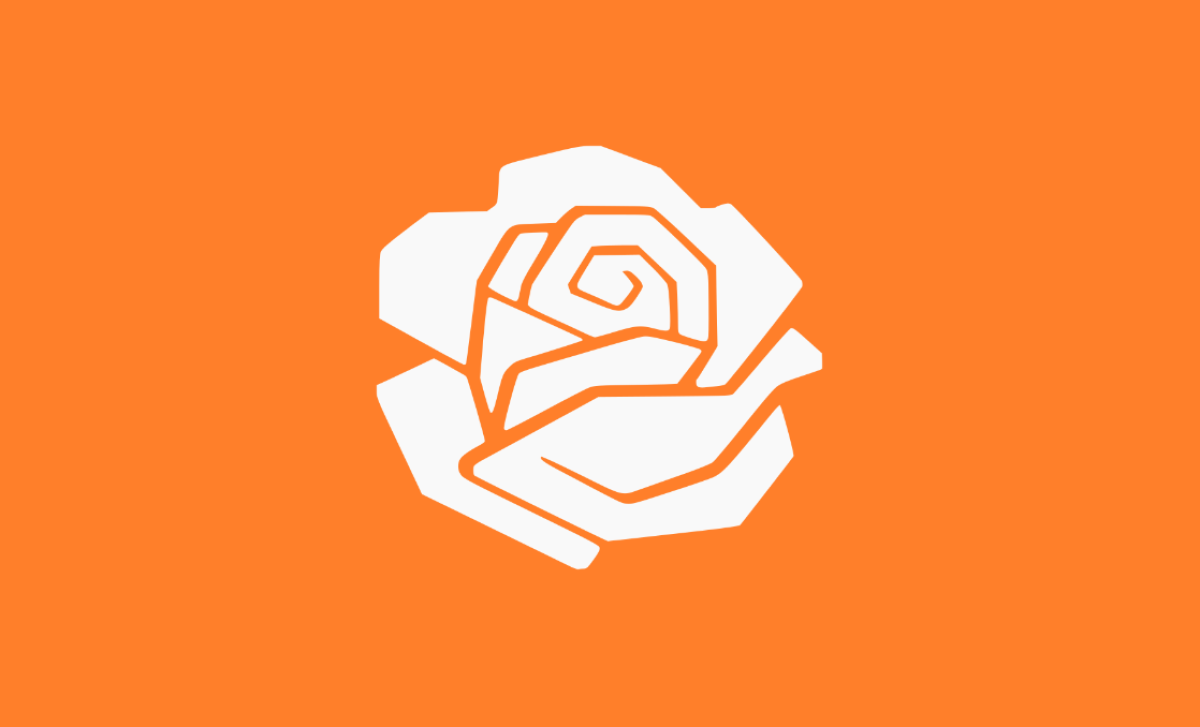- Կետերը փոխարինում ենք կրկնակ բաղաձայններով:
- ճռալ, բզզալ, ֆշշալ, թ..ալ, ուղղակի, ուղղանկյուն, Աննա, Էմմա, թռչուններ, հենարաններ, իննսուն, իննական, օրրան, երրորդ, չորրորդ, տարրական, տարրալուծել, անդորր, բերրի, մրրկածուփ:
- Կետերի փոխարեն գրում ենք մ կամ ն:
- Անբնական, ամբիոն, ամբողջ, ամպամած, անպայման, զամբյուղ, անբասիր, անփոփել, անփոփոխ, անպետք, ամբարել, ամբարտավան:
- Լրացնում ենք բաց թողնված տառերը:
- «Օդային ամրոց» արտահայտությունը նշանակում է անպտուղ երևակայություն, իզուր երազանք, անիրագործելի պլաններ: Այդ արտահայտությունը վերագրում են քրիստոնեական քարոզիչ Ավգուստիանոսին, որն իր աշխատություններից մեկում խոսում է օդային շինարարության մասին: Հետագայում մարդիկ այդ արտահայտությունը գործածում են ձևափոխված՝ «Օդային ամրոց» ձևով:
- Լրացնում ենք բաց թողնված տառերը:
- Մեռյալ ծովի ջուրն այնքան աղի է, որ այնտեղ ոչ մի կենդանի էակ չի կարող ապրել: Արևմտյան Ասյայի տո.ակեզ անանձր. կլիմա.ի պատ.առով ան..դ.ատ շատ ջուր է գոլորշ.անում ծովի մակերևույթից, իսկ լուծվա. աղերը մնում են ծովում և մեծացնում ջրի աղ.ությունը: Ծովում խորանալուն զուգընթաց՝ աղիությու.. աճում է: Աղերը Մեռ.ալ ծովի քա.որդ մասն են կազմում, նրա մեջ աղերի ըն..անուր քանակը քա.ասուն մի..ոն տոննա է:
- Լրացնում ենք բաց թողնված տառերը:
- Ամերիկյան մի ակումբում , որտեղ երաժշտությունն անդաթար որոտում է, կարելի է անդոր գտնել: Ավտոմատի մեջ տասը ցենտեն գցում, և այն երեք րոպեով անջատվում է: Տասը ցենտը քիչ չի, բայց ինչքա՜ն հաճելի է թվում այն անդորը, որի համար անձամբ կանխիկ վճարել ես: Հազար ինն հարյուր հիսունինը թվին ամերիկյան ռադիոն մի անսովոր հաղորդում տվեց: Ունկնդիրների ուշադրությանը ներկայացրին մի լուր՝ աղմուկի դեմ պա..արող կազմակերպություն ստեղծելու մասին, ու ընդհուպ մինչև տասնհինգ րոպեանոց հաղորդման վերջը տևող լռություն:
Author: varazdatmiqayelyan
b=
1. Tony wants to go to the beach.
2. Both Tony and Jane can’t go to the beach.
3. Jane talks about how how it’s going to be the next day.
4. Tony though that his mother would say “Ok”, but too disappointed to hear that she rejected him.
5. Tony hopes to go to cinema on Saturday.
2.)
Will come.
Won’t win.
will send.
Will be.
Will go.
3.)
Too big.
Too cold.
Too fast.
Too expensive.
Too late.
- We will stay with my parents this weekend.
- Your package will be sent by 5 o’clock.
- I am going to do the dance with you!
- Our Skype call will start at 6pm.
- The cyclists will ride for six hours when they arrive.
- My friend will visit in August.
- If you wash the dishes, I will dry them.
- We’re so late, they will eat dinner before we arrive.
- The students will go back to university in September.
- Cheer up, everything will get better.
- It’s dark in here, I will turn on a light.
- By tomorrow, all the shop will sell all the new phones.
- My car is getting repaired, I hope it will be ready by noon.
- Next week, Billie will fly to Germany to see her father.
- If you need us, we will play football in the park.
- When you will complete your homework, you can have ice cream.
- Oh no, the café will not open for another two hours.
- Everything is planned: we will cook lasagne for Sunday’s dinner.
- By the time they stop performing, the play will run for three months.
- Get here soon; I will wait by the entrance.
- Kim will live in Belfast for sixteen months this January.
- Next year, I will move to France.
- The train will depart at 9:30.
- Our teacher will give everyone individual grades.
- This time on Friday night, I will dance my socks off!
- On Saturday morning, I will sleep late.
- Charlie will speak to management by the time we get back.
- My parents will drive across the Alps.
Introduce Yourself (Example Post)
This is an example post, originally published as part of Blogging University. Enroll in one of our ten programs, and start your blog right.
You’re going to publish a post today. Don’t worry about how your blog looks. Don’t worry if you haven’t given it a name yet, or you’re feeling overwhelmed. Just click the “New Post” button, and tell us why you’re here.
Why do this?
- Because it gives new readers context. What are you about? Why should they read your blog?
- Because it will help you focus your own ideas about your blog and what you’d like to do with it.
The post can be short or long, a personal intro to your life or a bloggy mission statement, a manifesto for the future or a simple outline of your the types of things you hope to publish.
To help you get started, here are a few questions:
- Why are you blogging publicly, rather than keeping a personal journal?
- What topics do you think you’ll write about?
- Who would you love to connect with via your blog?
- If you blog successfully throughout the next year, what would you hope to have accomplished?
You’re not locked into any of this; one of the wonderful things about blogs is how they constantly evolve as we learn, grow, and interact with one another — but it’s good to know where and why you started, and articulating your goals may just give you a few other post ideas.
Can’t think how to get started? Just write the first thing that pops into your head. Anne Lamott, author of a book on writing we love, says that you need to give yourself permission to write a “crappy first draft”. Anne makes a great point — just start writing, and worry about editing it later.
When you’re ready to publish, give your post three to five tags that describe your blog’s focus — writing, photography, fiction, parenting, food, cars, movies, sports, whatever. These tags will help others who care about your topics find you in the Reader. Make sure one of the tags is “zerotohero,” so other new bloggers can find you, too.
